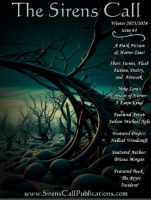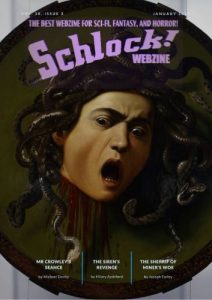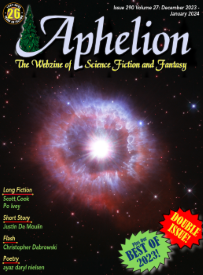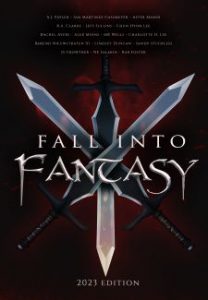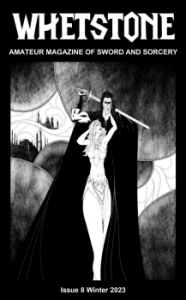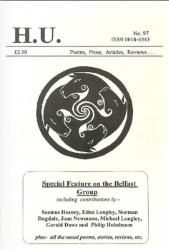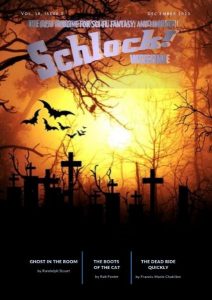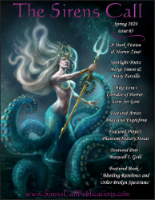
© Sirens Call Publications
The Crawler, a short story I wrote under the penname Jim Mountfield, is now available to read in the latest edition, Issue 65, of the magazine The Sirens Call.
As usual with the stuff I write as Jim Mountfield, The Crawler is a dark, scary tale. It’s set in Northern Ireland and part of the inspiration for it came from my memory of how, when I was a kid, there seemed to be lots of old women living alone in my neighbourhood. Occasionally, they stayed in big houses – but often their homes were small and impoverished. I recall one elderly lady, Rachel, who lived up the road from us in a little cottage that didn’t even have running water. Each day she had to collect buckets of water from a spring in the nearby fields. Those memories date back to the early 1970s, and those women were at least in their seventies, so I wonder if their lives had been impacted by World War I. They were deemed to be of ‘marriageable age’ during a period when many young men were being slaughtered on the battlefields of Belgium and France. Afterwards, there weren’t enough young men left to go round, which doomed them to a lifetime’s spinsterhood. Anyway, The Crawler’s setting came from that melancholy memory.
I also had a blunter reason for setting the story in Northern Ireland. For plot reasons, the main character needed to have access to a gun. Thanks to strict gun-ownership laws, most people in the British and Irish islands don’t have access to guns – which, incidentally, is something I strongly approve of – but that wouldn’t be problem in Northern Ireland if your main character was a policeman during or just after the Troubles that blighted the province from the 1960s to the 1990s.
Issue 65, the spring 2024 edition, of The Sirens Call can be downloaded here for free. As always, it’s an absolute bargain, being 283 pages long and home to some 200 stories and poems.


